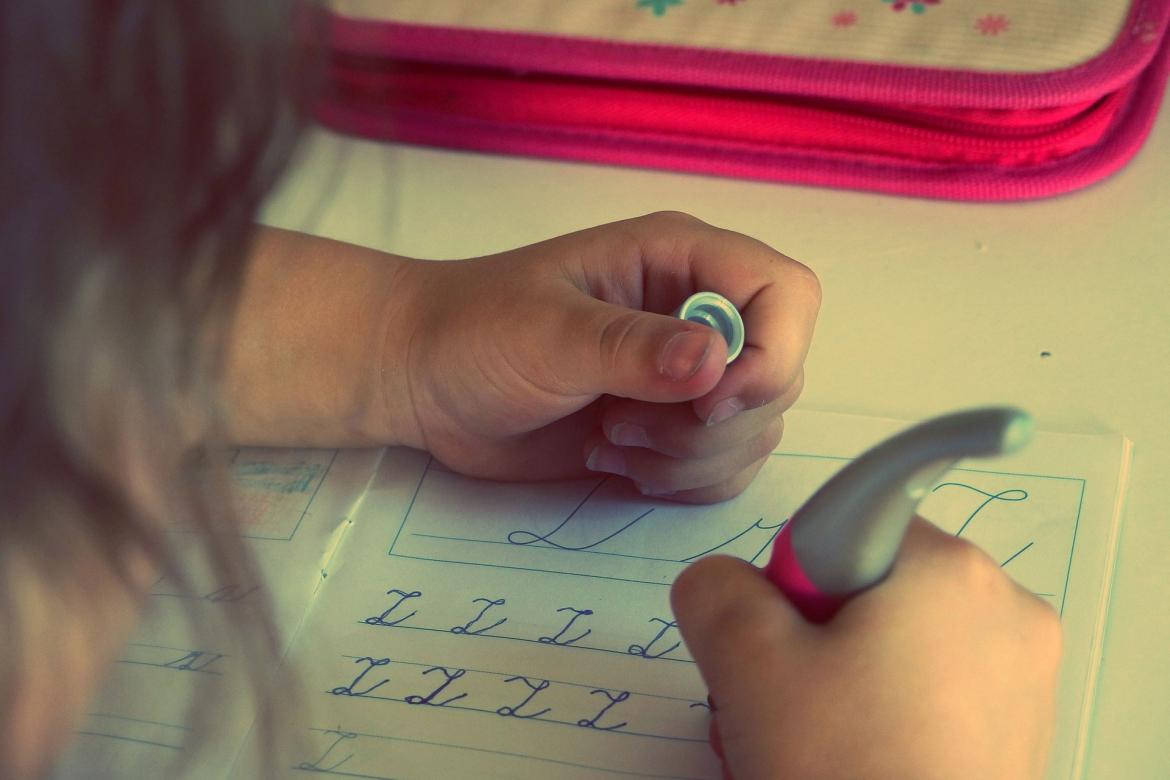
The Child Life and Attention Skills Program (CLAS) is a behavioral treatment for children with the inattentive presentation of ADHD (ADHD-I) that includes parents, teachers, and children in the intervention.
In CLAS:
- Parents attend weekly parent groups where they learn strategies for helping their child manage their inattention symptoms at home, and strategies for working together with their child’s teacher.
- Children attend weekly child groups where they learn skills and strategies for overcoming the social and organizational challenges that come with having ADHD-I.
- Teachers receive training in implementing behavioral strategies in the classroom to help the child manage their ADHD symptoms throughout the school day. Teachers complete a daily report card every day to help the child stay on track and work toward their goals. They also attend up to four meetings with the child and his or her parent to discuss the child’s progress and possible changes to their behavior goals.
CLAS was developed by Linda Pfiffner, PhD, and has been tested with over 260 youth with ADHD-I in two National Institute of Mental Health (NIMH)-funded randomized controlled trials (R21MH65927 and R01MH077671) at UCSF (led by Dr. Pfiffner) and across a second site at UC Berkeley (led by Stephen Hinshaw, PhD). Results from these clinical trials show that CLAS is superior to usual community and school treatment services for ADHD and to traditional behavioral parent training (an evidence-based intervention for ADHD) for improving ADHD symptoms and organizational and social skills at school. At home, CLAS is superior to traditional behavioral parent training for improving organizational skills, and superior to usual services for improving ADHD symptoms, organizational and social skills. These findings support the CLAS model of coordinating parent, teacher and child treatment components for optimal outcomes. Results from the CLAS study have been published in a number of peer-reviewed journals. Links are provided below.
Primary findings from the randomized controlled trial are presented in the following publication:
- Pfiffner, LJ, Hinshaw, SP, Owens, EB, Zalecki, C, Kaiser, NM, Villodas, M, & McBurnett, K (2014). A two-site randomized clinical trial of integrated psychosocial treatment for ADHD-inattentive type. Journal of Consulting and Clinical Psychology. http://doi.org/10.1037/a0036887
Additional publications include:
- Adalio, C.J., Owens, E.B., McBurnett, K. et al. Processing Speed Predicts Behavioral Treatment Outcomes in Children with Attention-Deficit/Hyperactivity Disorder Predominantly Inattentive Type. J Abnorm Child Psychol, 46, 701–711 (2018). https://doi.org/10.1007/s10802-017-0336-z
- Becker, S. P., McBurnett, K., Hinshaw, S. P., & Pfiffner, L. J. (2013). Negative Social Preference in Relation to Internalizing Symptoms Among Children with ADHD Predominantly Inattentive Type: Girls Fare Worse Than Boys. Journal of Clinical Child & Adolescent Psychology, 42(6), 784–795. http://doi.org/10.1080/15374416.2013.828298
- Capriotti MR, Pfiffner LJ. (2017) Patterns and Predictors of Service Utilization Among Youth With ADHD-Predominantly Inattentive Presentation. Journal of Attention Disorders. Jan 01; https://doi.org/10.1177/1087054716677817
- Fabrikant-Abzug, G., Friedman, L.M., & Pfiffner L.J. (2023). Examining relations between parent and child psychopathology in children with ADHD: Do parent cognitions matter? Journal of Psychopathology and Behavioral Assessment, 45:75–87. https://doi.org/10.1007/s10862-023-10023-1
- Friedman, L., McBurnett, K., Dvorsky, M., Hinshaw, S., & Pfiffner, L.J. (2020). Comorbid specific learning disorder confers treatment resistance on ADHD-Predominantly Inattentive Presentation, Journal of Clinical Child and Adolescent Psychology, 49, 854-867. https://doi.org/10.1080/15374416.2019.1644647
- Friedman, L.F., McBurnett, K., Dvorsky, M.R., & Pfiffner, L.J. (2020). Do Parents’ ADHD Symptoms Affect Treatment for their Children? The Impact of Parental ADHD on Adherence to Behavioral Parent Training for Childhood ADHD. Journal of Abnormal Child Psychology, 48, 1425-1437. https://doi.org/10.1007/s10802-020-00672-1
- Haack, L.M., Jiang, Y., Delucchi, K., McBurnett, K., Hinshaw, S.P., Pfiffner, L.J. (2017). Parental Cognitive Errors Mediate Parental Psychopathology and Ratings of Child Inattention, Journal of Family Process. 56, 716-733 http://dx.doi.org/10.1111/famp.12252
- Haack, L.M., Villodas, M., McBurnett, K., Hinshaw, S.P., Pfiffner, L.J. (2016). Parenting as a Mechanism of Change in Psychosocial Treatment for Youth with ADHD, Predominantly Inattentive Presentation. Journal of Abnormal Child Psychology, 45, 841-855. http://dx.doi.org/10.1007/s10802-016-0199-8
- Haack, L. M., Villodas, M. T., McBurnett, K., Hinshaw, S., & Pfiffner, L. J. (2016). Parenting Mediates Symptoms and Impairment in Children With ADHD-Inattentive Type. Journal of Clinical Child & Adolescent Psychology, 45(2), 155–166. http://doi.org/10.1080/15374416.2014.958840
- Jiang, Y., Delucchi, K., Kaiser, N., Hinshaw, S.P., McBurnett, K., & Pfiffner, L.J. (2022). The Two-Factor Structure of the Parent Cognitive Error Questionnaire: A Measure of Parental Cognitive Errors in Relation to Child Problems. Research on Child and Adolescent Psychopathology, 50:1249–1260. https://doi.org/10.1007/s10802-022-00934-0
- Jiang, Y., Haack, L., Delucchi, K., Rooney, M., Hinshaw, S., McBurnett, K., & Pfiffner, L.J. (2018). Improved parent cognitions relate to immediate and follow-up treatment outcomes for children with ADHD-Predominantly Inattentive Presentation. Behavior Therapy, 49, 567-579. https://doi.org/10.1016/j.beth.2017.11.007
- McBurnett, K., Villodas, M., Burns, G. L., Hinshaw, S. P., Beaulieu, A., & Pfiffner, L. J. (2014). Structure and validity of sluggish cognitive tempo using an expanded item pool in children with attention-deficit/hyperactivity disorder. Journal of Abnormal Child Psychology, 42(1), 37–48. http://doi.org/10.1007/s10802-013-9801-5
- Owens, J.S., Hinshaw, S.P., McBurnett, K., Pfiffner, L. (2016). Predictors of Response to Behavioral Treatments among Children with ADHD-Inattentive Type. Journal of Clinical Child and Adolescent Psychology. https://doi.org/10.1080/15374416.2016.1228461
- Rooney, M., Hinshaw, S.P., McBurnett, K., Pfiffner, L.J. (2016). Parent adherence in two behavioral treatment strategies for the Predominantly Inattentive Presentation of ADHD. Journal of Clinical Child and Adolescent Psychology. https://doi.org/10.1080/15374416.2016.1236341
- Tran, J.,... Pfiffner, L.J., Wilson, L. (2018). Cost-effectiveness of a behavioral psychosocial treatment integrated across home and school for pediatric ADHD-Inattentive Type. Administration and Policy in Mental Health and Mental Health Services Research, https://doi.org/10.1007/s10488-018-0857-y





